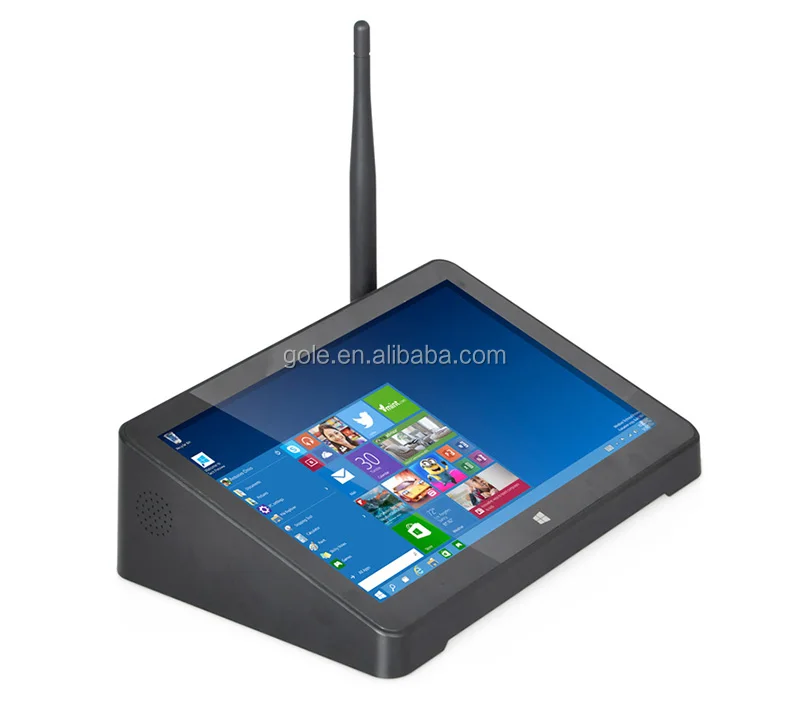

If a User Account Control permission prompt occurs, select Yes. If 32-bit Operating System is listed next to System type, you're running the 32-bit (x86) version of Windows 7.If 64-bit Operating System is listed next to System type, you're running the 64-bit version of Windows 7.If you're unsure of which version of Windows 7 you are running, select the Start button, press and hold (or right-click) Computer > Properties.Under Update information, select Download the update package now that corresponds with your version of Windows 7. Go to KB976972 You encounter problems when you move data over USB from a Windows 7-based computer that has an NVIDIA USB EHCI chipset and at least 4 GB of RAM. The hotfixes in this method can resolve a known conflict with a USB external hard drive and Windows.

Resolution 2 - Install hotfixes that resolve issues that may exist on Windows 7 If this method does not solve your issue, proceed to resolution 2. Instead, plug it directly into your computer.

Resolution 1 - Uninstall and then reconnect the external hard drive Your PC motherboard may need updated drivers.Your external drive may be entering selective suspend.Your USB controllers may have become unstable or corrupt.Windows may be missing other important updates hardware or software issues.Your PC requires an update for issues that may conflict with a USB external hard drive and Windows.The currently loaded USB driver has become unstable or corrupt.This issue can be caused if any of the following situations exist: USB Device not recognized: One of the devices attached to this computer has malfunctioned and windows does not recognize it.Īpplies to: Windows 10, version 1709, Windows 7 Service Pack 1 Original KB number: 2654149 Cause When you try to access data on an external USB hard drive, you may receive the following error: This article provides methods to solve the USB Device not recognized error that occurs when you try to access a USB external hard drive.


 0 kommentar(er)
0 kommentar(er)
